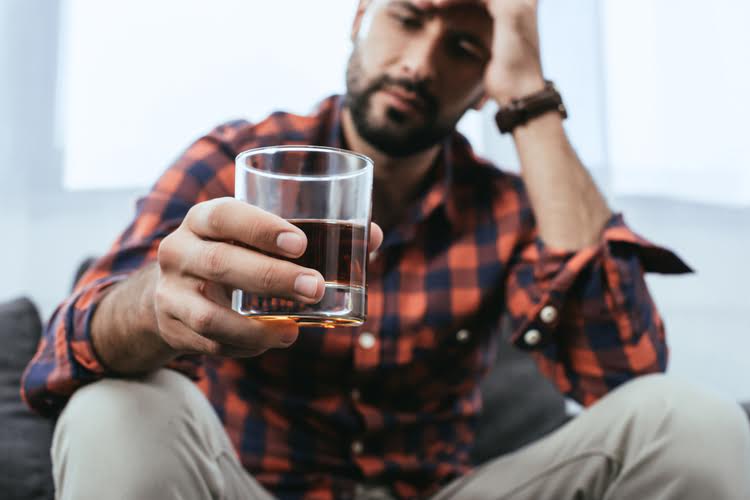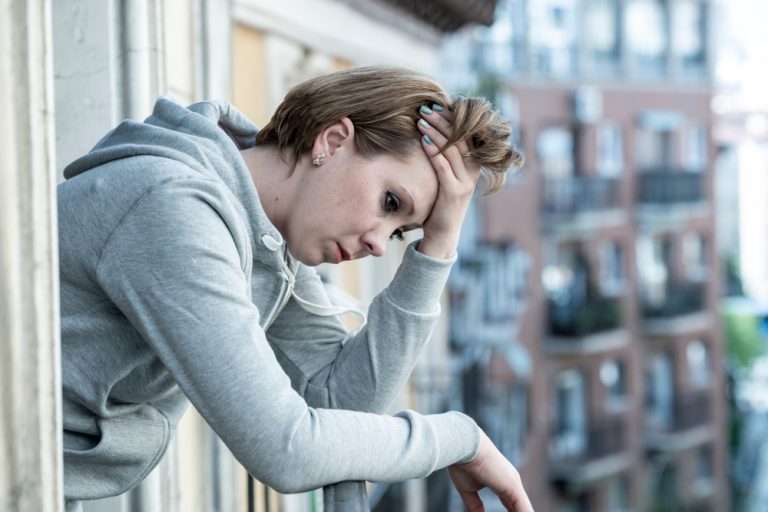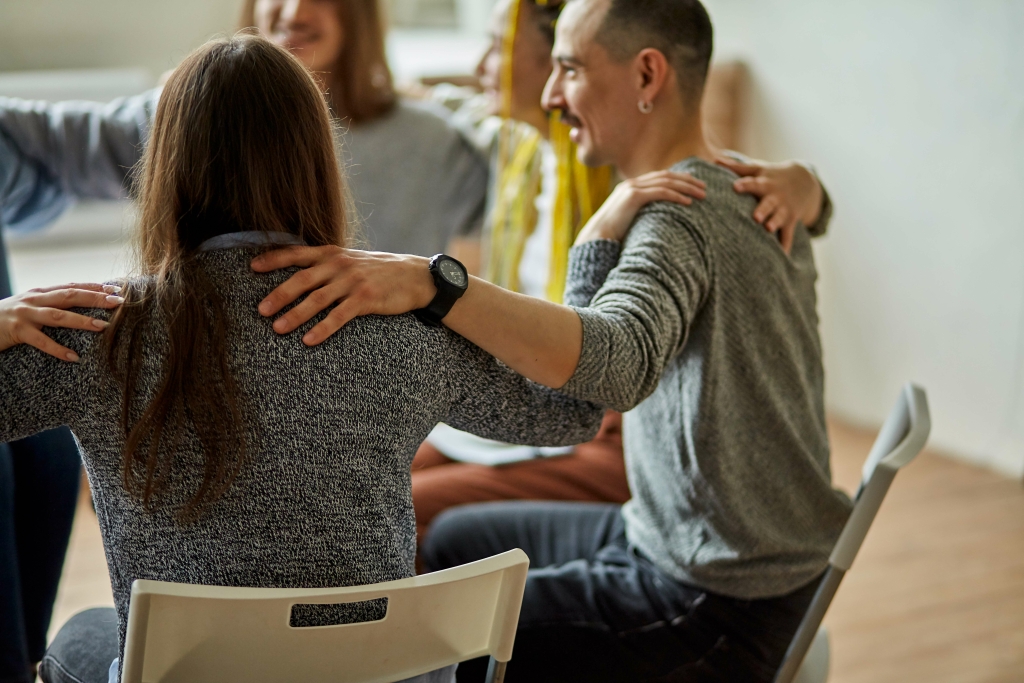How Does Alcohol Impact Sleep?
The presence of alcohol metabolites such as aldehyde need to be considered in termsof their own possible influence on sleep mechanisms as do secondary effects of alcohol, suchas diuresis. While your internal clock regulates the kidney’s release of electrolytes and works to filter fluids, alcohol inhibits these processes. It is recommended you increase your daily water consumption and avoid drinking alcohol before bed to prevent its dehydrating effects. “Even if alcohol initially helps someone fall asleep, they may wake up many times throughout the night or not get into a deep sleep,” she continues. It’s not because I don’t appreciate a glass of wine with a great meal, or a few beers on a hot summer evening.
REM Sleep Disorder and Alcohol
LDT,laterodorsal tegmental nucleus; PPT, pedunculopontine tegmental nucleus; RF, reticularformation; GABA, gamma-aminobutyric acid; NE, norepinephrine. We use your questions to help us decide topics for articles, videos, and newsletters. Please note, we cannot provide specific medical advice, and always recommend you contact your doctor for any medical matters.
- As alcohol is metabolized and any of its sedative effects dissipate, the body undergoes what scientists call a “rebound effect.” This includes a move from deeper to lighter sleep, with more frequent awakenings during the second half of the night.
- While alcohol can make you feel tired at first, it can also disturb your sleep as it wears off.
- Alcohol can contribute to the development or worsening of PLMD, a condition characterized by involuntary limb movements during sleep, leading to disrupted sleep and daytime fatigue.
- If you have a supportive friend or partner who is also attending the festivities, ask them to keep you accountable to your new limit.
- Alcohol’s diuretic effect often exacerbates this fragmentation, increasing the need for nighttime bathroom visits and further disrupting sleep continuity.
0 Sleep homeostasis and circadian problems with alcohol abuse
Alcohol can contribute to the development or worsening of PLMD, a condition characterized by involuntary limb movements during sleep, leading to disrupted sleep and daytime fatigue. Alcohol can relax the muscles in the throat, increasing the risk of obstructive sleep apnea, a condition characterized by repeated episodes of breathing interruptions during sleep. Avidan suggests following a https://medza.ru/prochee/krem-chaga-effektivnost-protiv-boli-pri-osteoartro.html good routine for healthy sleep such as sticking to a regular sleep and waking schedule, avoiding blue light (such as from a TV or computer screen) before bed, not exercising too close to bedtime, and avoiding caffeine after noon.
How Does Soda Affect Sleep?
Your daily habits and environment can significantly impact the quality of your sleep. Answer three questions to understand if it’s a concern you should worry about. A new study, carried out by Finnish-based researchers, adds to these dire prospects. Julia Pietilä, a researcher at the Faculty of Biomedical Sciences and Engineering at Tampere University of Technology in Finland, is the first author of the paper, which was published in the journal JMIR Mental Health. Our reviewers go through an internal sleep health training course to insure that they are able to provide the most helpful and accurate information they can. Here at Sleep Advisor, our editorial team utilizes reputable sources and expert feedback to provide well-researched sleep health content.

If you’re having trouble falling or staying asleep, alcohol consumption could be a contributing factor. It’s important to treat sleep disorders such as insomnia (difficulty falling or staying asleep) or sleep apnea (when breathing stops multiple time a night) if they are present. Cortisol rhythms show no evidence for disruption early in withdrawal or two tofour weeks post drinking in two studies (Mukai et al.1998; Fonzi et al. 1994). However, thosewith delirium tremens did have altered rhythms (Mukai et al.1998; Fonzi et al. 1994). Kuhlwein, Hauger and Irwin (2003) reported lower cortisol early inthe night and higher levels later in the night in their African American alcoholics aftertwo weeks.
How to Improve Sleep Quality While Consuming Alcohol

They can rule out any underlying cause for your insomnia and recommend the best treatment for you. If you feel pretty drunk, you’ll probably fall asleep quickly but have a restless night. Drinking a light to moderate amount of alcohol (one or two standard drinks) before bed may not have much of an impact. While https://www.sparrowhawkind.com/substance-abuse.html a drink now and then may have a sedative effect that causes you to drift off faster, research shows that it can impede sleep quality in the long run. People with insomnia have an increased risk of developing alcohol use disorder, potentially because many individuals turn to alcohol as a sleep aid. These results were similar for men and women, and alcohol consumption affected sedentary and active people alike.

Night Eating Syndrome: Symptoms, Causes, and Treatments
Having alcohol before bed can also increase your risk of falls if you get up during the night, due to instability and unsteadiness, notes Avidan. According to the Sleep Foundation, alcohol can relax the muscles of the mouth and throat, increasing the likelihood of the airway being blocked. And because alcohol initially makes it more difficult for a person to wake up, they can experience longer obstructions in breathing before they’re roused enough to breathe normally. Having a drink before bed to help you relax and nod off may indeed https://ovulation.org.ua/baraholka-50/ make you sleepy, but there are many reasons why alcohol is not a good sleep aid. Sure, that nightcap, last glass of wine or beer before bed may help you feel sleepy. But it can actually end up robbing you of a good night’s rest — or worse, could cause some challenging sleep problems.

New Research Reveals Just How Badly Alcohol Affects Your Brain While You Sleep
If you go to bed with alcohol still in your system, you may experience headaches, frequent awakenings, night sweats, more intense snoring, and nightmares. It is recommended that alcohol not be consumed in the last four hours before bedtime. Even though alcohol may help you fall asleep, it interferes with the quality of your sleep. In addition to loss of gray matter volume and reduced connectivity, downregulation of GABA systems could also partially explain the decrease in both delta powerand the amplitude of evoked delta responses in abstinent alcoholics.
- As a best practice, those who choose to indulge should stop drinking at least four hours before bed.
- These fluctuations play a vital role in the sleep-wake cycle, and when they are weakened—or absent—a person may feel alert when they want to sleep and sleepy when they want to be awake.
- It interferes with the body’s natural timekeeping mechanisms by decreasing sensitivity to important environmental cues like daylight and darkness.
It has a sedative effect that helps you relax and makes you drowsy, so you fall asleep faster. Disruptions in REM sleep can have far-reaching consequences, including impaired cognitive performance, mood disturbances, and increased risk of certain mental health conditions. The more alcohol you drink, the more your body will need to metabolize and the worse the impact on sleep. Here’s what to know about how a nightcap can affect your sleep and why doctors say it’s not a good idea to rely on alcohol as a sleep aid.

